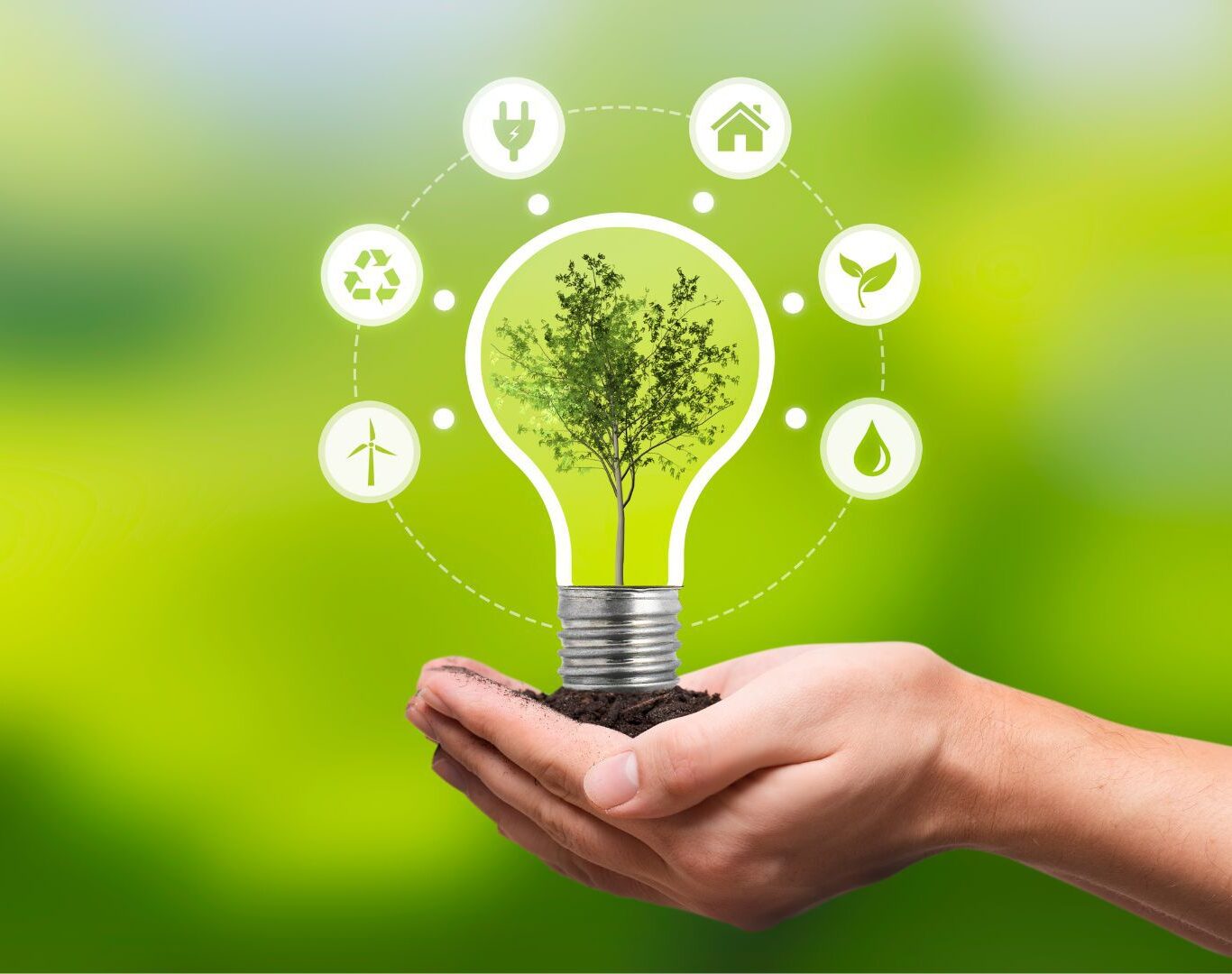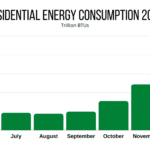Sustainable Living and Its Impact on Our Ecosystem

In the delicate web of life on our planet, the choices we make reverberate far beyond our immediate surroundings. Sustainable living, a conscientious lifestyle that aims to minimize environmental impact, holds the power to create a positive ripple effect on our ecosystem, ultimately influencing our own well-being.
At the core of sustainable living is the recognition that our actions have consequences, and the health of the environment is intricately connected to our own. By adopting eco-friendly practices, such as reducing waste, conserving energy, and choosing renewable resources, we contribute to the restoration and preservation of our ecosystem.
One of the significant impacts of sustainable living is the mitigation of climate change. Adopting energy-efficient technologies, reducing carbon footprints, and embracing renewable energy sources help curb the emission of greenhouse gases. This, in turn, slows the pace of climate change, preserving the delicate balance of ecosystems and protecting biodiversity.
Sustainable living also safeguards our water resources. By minimizing water waste, reducing pollution, and supporting responsible water management practices, we contribute to the health of aquatic ecosystems. This not only ensures the availability of clean water for ourselves but also for countless species that rely on these ecosystems for survival.
The positive effects of sustainable living extend to air quality. By reducing reliance on fossil fuels and embracing cleaner alternatives, we decrease air pollution, benefiting both the environment and human health. Improved air quality leads to lower rates of respiratory issues and contributes to the overall well-being of communities.
Moreover, sustainable living fosters a circular economy, promoting the responsible use of resources and minimizing waste. Recycling, upcycling, and reducing single-use plastics are key components of this approach, reducing the strain on landfills and mitigating the environmental impact of resource extraction.
In essence, the impact of sustainable living on our ecosystem is a reciprocal relationship. As we prioritize the health of the environment, we, in turn, cultivate a healthier and more sustainable habitat for ourselves. By understanding the interconnectedness of our choices, we pave the way for a harmonious coexistence with the natural world, ensuring a legacy of well-being for generations to come.


